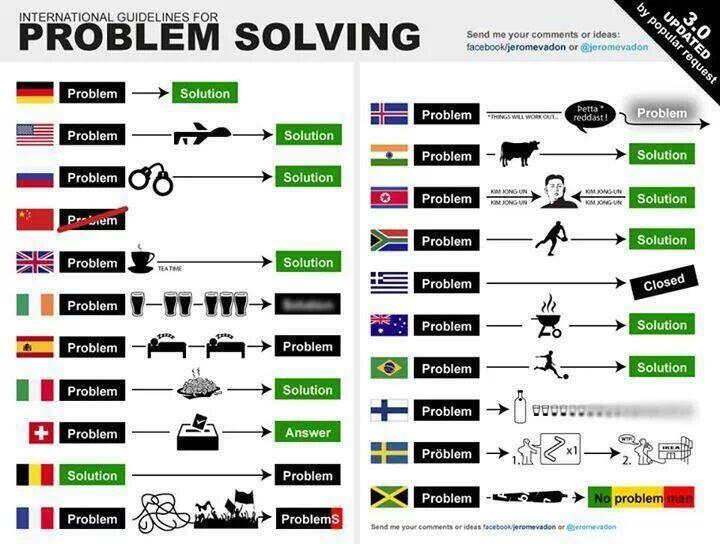The initial leadership group will consist of myself as Chair , Amanda Murdie of U of Missouri- Columbia as Vice Chair and Bruce Jentleson of Duke University, Christian Davenport of U. of Michigan, and Laura Seay of Colby College serving as at-large officers. These folks represent a range of experience in online media as well as a range of experiences in the profession.
It may be too late for this year's ISA meeting to gain approval, but we want to start the process now while our community is energized. We need at least 50 members of the ISA to "sign" the petition (which is below). All you have to do is email me at steve_saideman@carleton.ca with OMC in the subject and with message text indicating your support of this petition. Once the Caucus is established, members will have to pay a minor fee to support the activities of the Caucus--mainly the annual reception. We are open to feedback about what people want an Online Media Caucus to do and how it should be structured. The effort right now is just getting enough support so that we can be recognized and move forward.
Petition for the Establishment of an
International Studies Association Online Media Caucus
The purpose of
the “Online Media Caucus” is to promote:
- The scholarly and pedagogical use of online media;
- The study of the role of online media in international politics;
- The interests of ISA members who make use of online media in their professional activities; and
- The formation of traditional and virtual networks among ISA members active in the study, theory, and practice of online media.
The caucus will be organized
in a manner consistent with ISA component units, with positions including a
Chair, Vice-Chair (who will serve as program officer), and three at-large Members of
the Executive Committee. Terms shall normally last
for one year; in the year of the caucus’ establishment, officers shall serve
for two-year terms.
The activities of
the caucus shall include, but not be limited to:
- The awarding of commendations for (i) the practice of, and (ii) scholarship on, online media and international studies -- such as a book award, article award, blogging award(s), and so forth;
- Holding panels, presentations, and events related to its core purposes; and
- Maintaining online resources and virtual events consistent with its mission.


